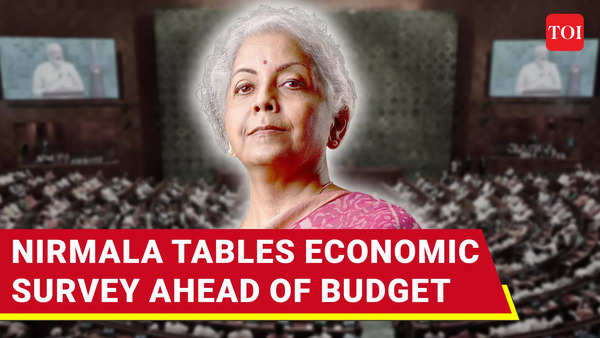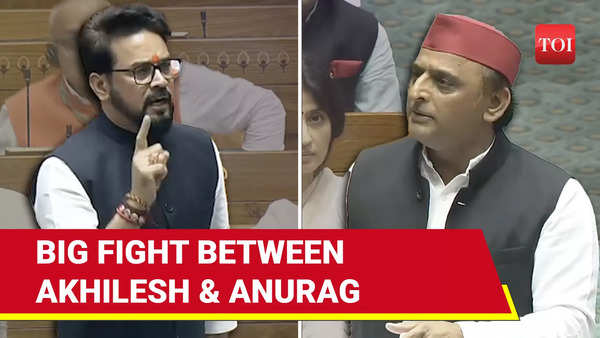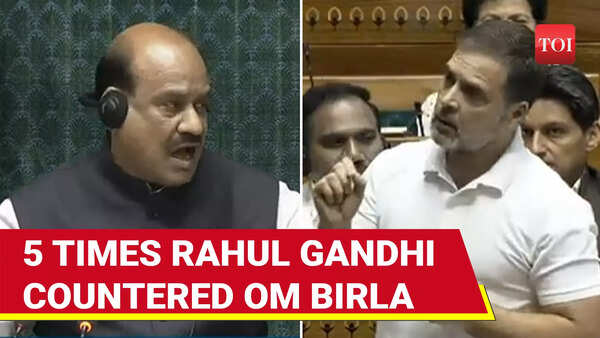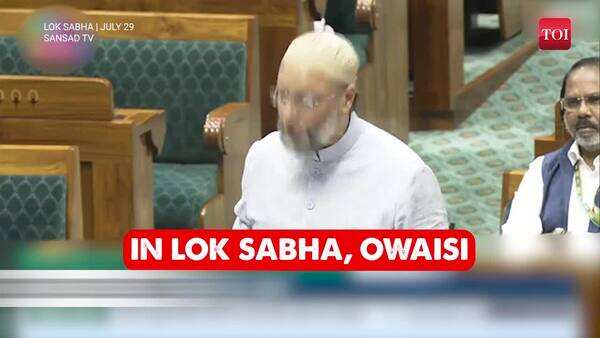- News
- entertainment
- english
- hollywood
- AI usage in ‘The Brutalist’ sparks debate ahead of awards season
Trending
AI usage in ‘The Brutalist’ sparks debate ahead of awards season
Brady Corbet’s film The Brutalist generates heated debates due to the use of AI for refining dialogue and creating visual elements. Despite critical praise, the film faces backlash over ethical concerns about altering performances and the growing role of AI in the creative process.
Jancsó shared that AI technology, developed by the Ukrainian company Respeecher, was used to improve the authenticity of the Hungarian dialogue spoken by lead actors Adrien Brody and Felicity Jones. A native Hungarian speaker himself, Jancsó explained that Hungarian is a notoriously challenging language to master. Although Brody and Jones trained extensively with a dialect coach, the filmmakers sought additional tools to ensure their accents were flawless, even to Hungarian audiences.
According to Jancsó, attempts to re-record (ADR) difficult phrases with the actors or replace them with other voice actors were unsuccessful. As a result, they turned to AI. Both actors recorded their lines into the software, and Jancsó even contributed his own voice to refine tricky pronunciations. He emphasized that the technology was used sparingly, mainly to replace individual letters or sounds while preserving the actors’ original performances.
Jancsó also revealed that generative AI was used during the film’s final sequence to create architectural designs and completed buildings that aligned with Brody’s character, László Tóth.
While the filmmakers argue that the AI was a tool to enhance authenticity and streamline production, the controversy has fueled broader discussions about AI’s role in the creative process. Focus Features and Jancsó have yet to issue further comments.
End of Article
FOLLOW US ON SOCIAL MEDIA
Visual Stories
Tired of too many ads?go ad free now



















